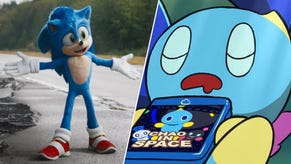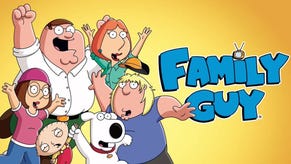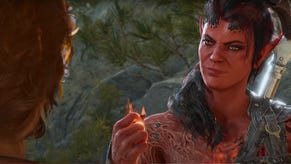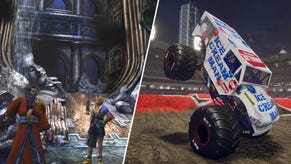Former Microsoft exec reveals failed Sega acquisition, lack of 'muscle' to blame
Microsoft wanted to buy Sega at one point, according to former Microsoft exec and this week's chief bean-spiller Joachim Kempin. Bill Gates clubbed the idea to death after he deemed that Sega lacked 'muscle' to help it defeat Sony in the console arms race.
Speaking with IGN, Kempin explained the saga, "There were three companies at that point in time, I think this was [Sony,] SEGA and Nintendo.
"There was always talk maybe we buy SEGA or something like that; that never materialised, but we were actually able to license them what they call Windows CE, the younger brother of Windows, to run on their system and make that their platform."
He's talking about Windows CE support on Sega's Dreamcast console by the way. He then continued, "But for Bill [Gates] this wasn’t enough, he didn’t think that SEGA had enough muscle to eventually stop Sony so we did our own Xbox thing.
"There were some talks but it never materialised because SEGA was a very different bird. It was always Sony and Nintendo, right? And Nintendo had some financial trouble at that point in time, so Sony came out with the PlayStation and bang! They took off, and everyone else was left behind."
Kempin's claims follow quotes from the man earlier this week, that claimed Microsoft entered the console race purely to stop Sony and to dominate the console market itself. The two companies have never gotten along well, he suggested.
What's your take on this? Should have both companies bandied together? Let us know below.






.jpg?width=291&height=164&fit=crop&quality=80&format=jpg&auto=webp)



